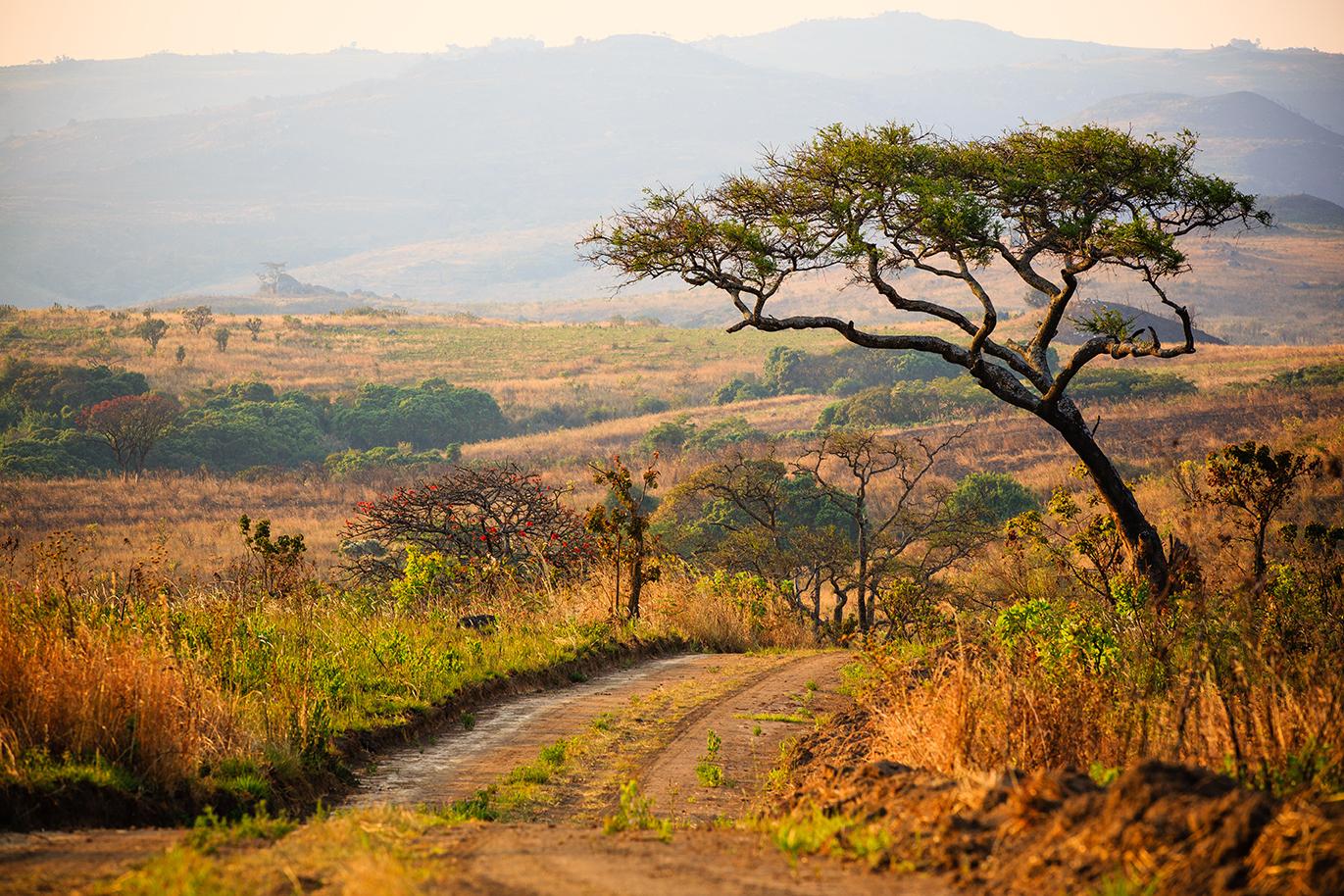
Malawi
Keep behind me, woman, We will drift until we will reach the promised forest of Nsinja and the river of life.
When our wandering is over We will tell the animals and to Chiuta of our sweet destination, begging them to follow us.
Meanwhile hold on woman, [...] hope is our only hope.
Jack Mapanje
Of land and lakes
Jack Mapanje is one of the most famous Malawian poets and his personal story has brought even more attention to his literary work. The poem shown at the beginning, in fact, is taken from a book entitled "Of chameleons and gods", published in 1981. In that collection of poems many saw a witty satire against the regime of Hastings Kamuzu Banda, the dictator who ruled over Malawi from 1966 to 1994. For this Mapanje was imprisoned without trial in 1987 and remained in prison until 1991. When he was released he decided to go to England where he still lives today.
Leaving aside the political charge of the Mapanje text, it's clear that nature is the protagonist of his verses. The name 'Chiuta' mentioned in the poem refers to the creator deity of the mythology Tumbuka, but it is also the name of one of the lakes of the country. And after all, the lakes are a central element of the geography of Malawi.
The land
Malawi is a strip of land nestled between Mozambique, Zambia and Tanzania. It has no access to the sea, but more than 1/6 of its territory, which extends for just under 120,000 km², is covered by stretches of water. Lakes, including the largest, Lake Malawi, give the country its name. It is the third largest lake in Africa and the ninth largest in the world, characterized by having the largest number of fish species of any lake in the world. Other important lakes are the Malombe, the Chilwa and, in fact, the Chiuta.
The presence of this series of lakes is mainly due to the fact that the territory of Malawi is crossed from north to south by the Rift Valley, which dominates the whole territory of the country. This is characterized by a series of high plateaus of about 1,000 meters in the central and northern part, while in the south the average altitudes drop and there are hilly and flat areas. The climate is tropical and has a dry and cooler season between May and October and a humid and warmer season between November and April, when most of the rainfall is concentrated.
Treedom in Malawi
Treedom worked in Malawi for the first time in 2012. The project carried out at the time was indirectly aimed at increasing the agricultural productivity of the area. In fact, trees were planted with the aim of creating natural barriers around the cultivated areas, so as to discourage the entry of animals and the consequent loss of part of the crops.
Even then, however, the belief was that it was possible to do more, given the natural context and the important opportunities for social development that can be generated by planting the right trees, in the right places and in the right way. So, 10 years after that first job, the opportunity arose - and we jumped at it - to start a new agroforestry project with about 20,000 trees. We intend this to be just the first of an ongoing series in Malawi to plant thousands of new trees in a country where a great positive impact can be made.
A growing nursery
The first step in starting a new project is always the creation of a nursery for germination and early growth, before the trees are then planted. And the first step in creating a nursery is choosing the right place! We found an area around Nkhudzi Bay, on the southeastern coast of Lake Malawi. It is an area protected from the winds, close to the lake's waters, on well-drained land and easily accessible from the road in order to be able to proceed easily with the transport and delivery of young trees.
We are in an area where most of the population practices subsistence agriculture and so for this reason the trees planted are mainly fruit trees such as lemons, mangoes, avocados and guava. Trees such as moringa and albizia are also planted, however, as they are capable of fixing nitrogen in the soil, thus enriching it with one of the main macro-elements that plants need to grow and thrive.
48,570
trees planted in Malawi
823
beneficiaries involved in Malawi
